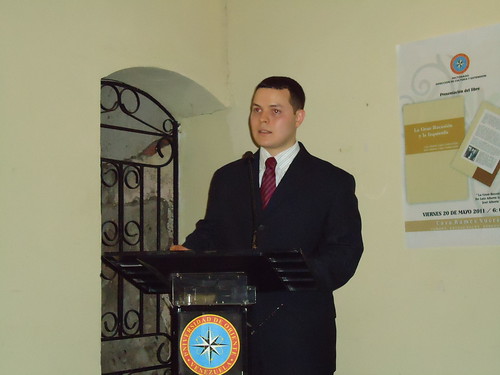José Alberto López Rafaschieri and Luis Alberto López Rafaschieri
www.morochos.net
Spain is one of the most influential nations in the Spanish-speaking America in every way (culture, politics, economics, fashion, etc..). Therefore, many of the things that happen in this country have implications for Latin American, and that the People's Party, the Spanish right, has won the parliamentary majority in the past elections is not going to be the exception.
Among the most immediate impacts of this event for the region is that it denies the anti-capitalist propaganda of some local governments that indicates that the world's electorate is leaning to the left.
On the other side is also the attitude that will set the new Spanish government toward the political systems of Cuba and Venezuela. Zapatero has always been criticized for being "complacent" with Chavez and Castro, and for using the lust for power of these rulers for the financial benefit of Spain, much like his "ideological cousin" Lula Da Silva.
The government that will take office in Spain is one of the most conservative right in Europe. Rajoy and his party colleagues probably will not have the same goal of Zapatero to strengthen relationships with regimes that protect members of Spanish separatist groups, do not respect the property right, made flawed elections, and maintain large numbers of political prisoners and persecuted , which would endanger Spanish investment flows to the countries of the ALBA and Argentina, and would affect the political support given from Spain to many of the actions of these governments.
Related articles:


